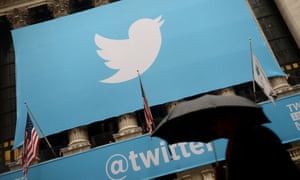- 100 million users (2016)
- Based on an access rather than own model - easier
- However, it threatens CD/DVD sales, which saw revenue fall by £8.7m
- Theories: Paeretos law, only the top artists get listened to the most
- Cultural imperialism - there is the promotion of predominately American music
Instagram
- 150 million users
- 59% of users are 18-29 years old
- UGC based - we construct our own identities
- Americanisation is prominent on instagram
- Marxists argue that Instagram encourages capitalism
Gaming industry
- Consumption has essentially stayed the same
- UGC not prominent in industry
- Theories that can be applied: techno panic/ katz and blumler escapism
- Social media is used to promote the games E.g twitter to post daily updates
- GTAV fastest selling game ever, $1bn in 3 days
Donald Trump and the media
- Elections focused on narratives than actual information
- Social media is argued to have diluted politics
- Main issues that have been raised during elections - Fake news, Russian intervention
- Opinion leaders were prominent in elections
The documentary genre
- Audience - transformed from cinema to domestic viewing
- Documentaries have to trend to get an audience reach
- Docu-dramas - easier narrative
- Youtube is endangering the documentary genre as audiences create their own documentaries
- Modern documentaries go straight to netflix rather than cinemas and dvd
Film viewing/distribution
- Netflix is cheaper: 1 cinema trip = 7 months of netflix
- Older generations are not familar with VoD so dont mind going cinema
- But there is a lower quality, issue of internets
- Marxist would argue power lays with the distributors
- Streaming industry is taking over industry wide
Netflix streaming
- Company founded in 1999
- Profile system makes it more personalised
- Americanisation is accelerated as most shows from netflix are influenced by American culture
- Social media is used to promote shows on Netflix
- Audience are mainly C1C2DE
Snapchat
- Snapchat is the third most popular social network
- Had a positive impact as its a new method of communication
- Snapchat and news merging, stories feature
- "Snapchat will be bigger than Twitter, Yahoo and AOL with advertisers"
- However has flaws such as dangerous to use, health and safety risks come with it if people are not aware of surroundings







